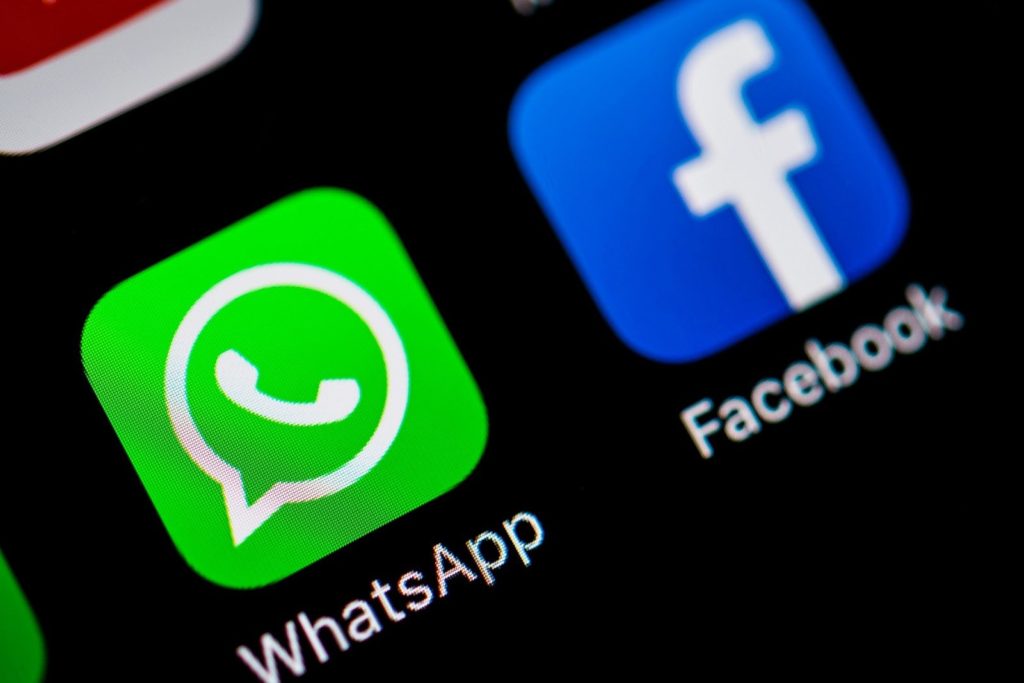Facebook fights global outage and whistleblower revelations

Facebook battled dueling crises Monday as potentially billions of users were impacted when its dominant social network went offline for seven hours, and the company fought against a whistleblower’s damning revelations.
Many long-held fears and criticisms about the platform seem to have been backed up by Facebook’s own research, which ex-worker Frances Haugen has turned over to authorities and the Wall Street Journal.
But as US senators prepared for her highly anticipated Tuesday testimony on the documents, Facebook went offline in an outage that hit users across its platforms, including Instagram and WhatsApp.
“Billions of users have been impacted by the services being entirely offline today,” tracker Downdetector wrote on its website.
Facebook apologized in a tweet later Monday Silicon Valley time, just as the apps started to go back online.
“We’ve been working hard to restore access to our apps and services and are happy to report they are coming back online now,” the company added.
“This disruption to network traffic had a cascading effect on the way our data centers communicate, bringing our services to a halt,” Facebook vice president of infrastructure Santosh Janardhan said in a post.
Cyber security expert Brian Krebs described what happened as Facebook taking away “the map telling the world’s computers how to find its various online properties.”
In addition to the disruption to people, businesses and others that rely on the company’s tools, Facebook CEO Mark Zuckerberg took a financial hit.
Fortune’s billionaire tracking website late Monday said Zuckerberg’s personal fortune plunged by nearly $6 billion from the prior day to land at just under $117 billion.
For Facebook’s rivals, it was a good day, however.
The messaging service Telegram went from the 56th most downloaded free app in the US to the fifth, according to specialist firm SensorTower.
The encrypted messaging app Signal tweeted that “millions” of new users had joined, and added that it was “Signal and ready to mignal.”
It was not the only Twitter user to crack jokes over the outage, though others complained about being cut off from contacts, their sources of income or business tools.
Some were philosophical, however — such as Cindy Bennett, a baker in New York City, who told AFP: “I think the world would probably be a better place if everybody didn’t know what everybody else was doing every second of every minute of every day.”








